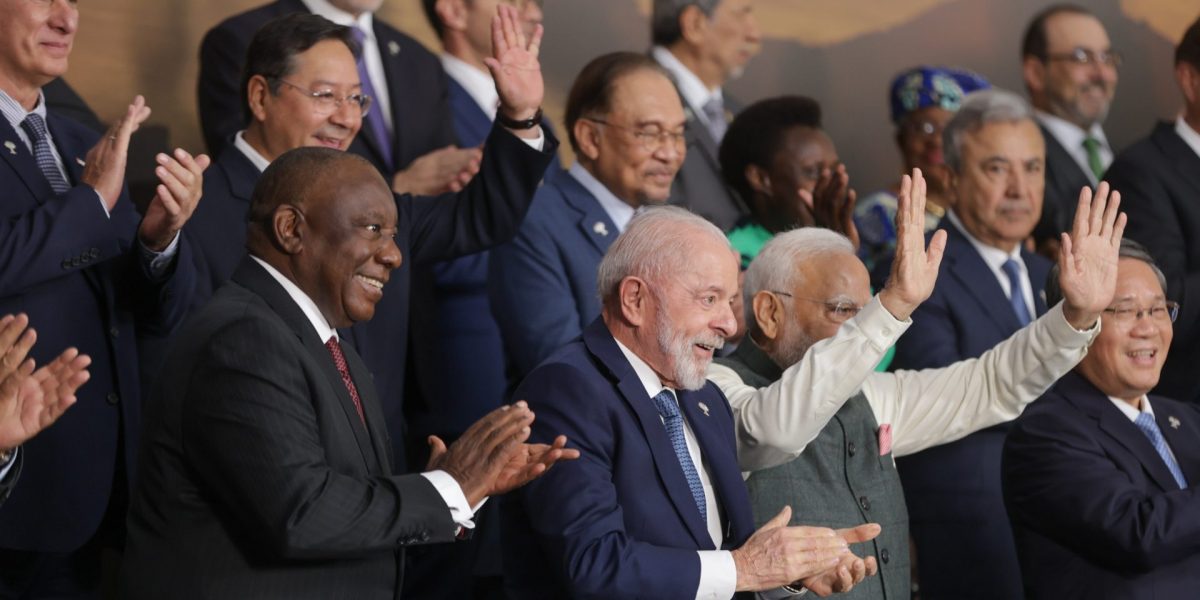Does the BRICS’ recent expansion represent a proactive restructuring of global governance or an adaptive response to existing constraints? This article, by integrating Amitav Acharya’s multiplexity and Susan Strange’s structural power framework, analyses BRICS across systemic, institutional, and networked levels.
The global political economy is witnessing a significant transformation as the BRICS grouping – originally comprising Brazil, Russia, India, China, and South Africa – undergoes its most ambitious expansion since its inception. This transition reflects a broader shift from a unipolar system to a more fragmented and decentralised configuration, shaped by the rise of emerging powers that have sought to challenge the traditional dominance of Western-led institutions through economic expansion, financial innovation, and joint diplomatic strategies in specific areas.
As BRICS evolves from a loosely defined economic grouping into a more structured geopolitical entity, its recent expansion signals a more deliberate effort to influence global governance. Between the 2023 Johannesburg Summit and the 2025 Brazilian Presidency of BRICS, Egypt, Ethiopia, Indonesia, Iran, and the United Arab Emirates have joined the group, marking a critical juncture, extending the bloc’s economic and geopolitical footprint across multiple regions and significantly enhancing its demographic, economic, and resource capabilities. This expanded configuration reinforces BRICS’ ambition to serve as a platform for South-South cooperation and a counterweight to governance structures that are not fully inclusive of them.
This strategic enlargement raises two fundamental questions: Does BRICS now possess the capacity to proactively restructure global governance, creating viable alternatives to the prevailing order? Or is BRICS displaying an adaptive response, not wanting to replace but rather to operate within existing power structures while seeking incremental reforms?
This is an excerpt of an article that is part of the special issue of the South African Journal of International Affairs on ‘The BRICS expanded: Shaped by – or shaping – the global order’. Read it in full here.








